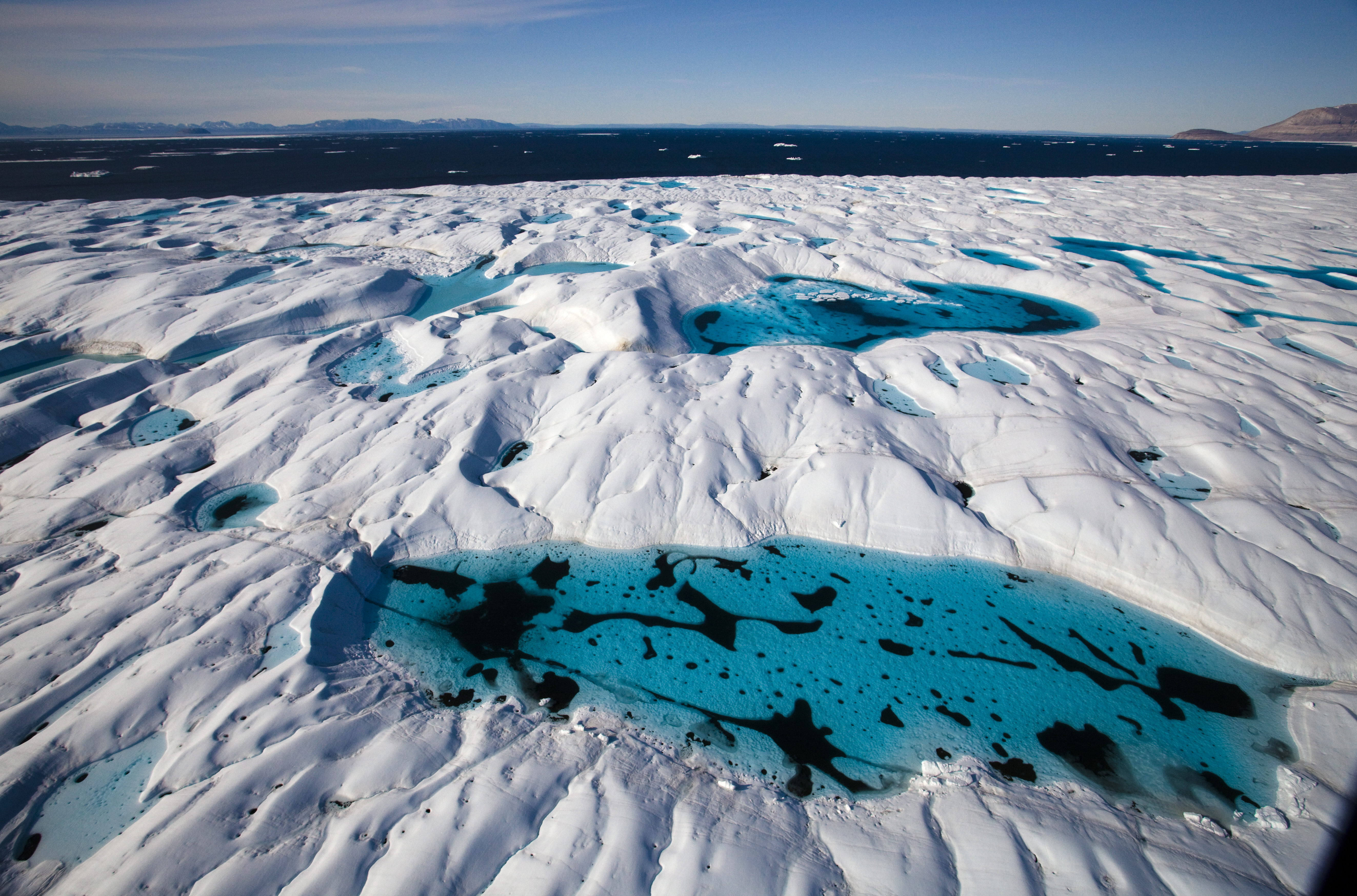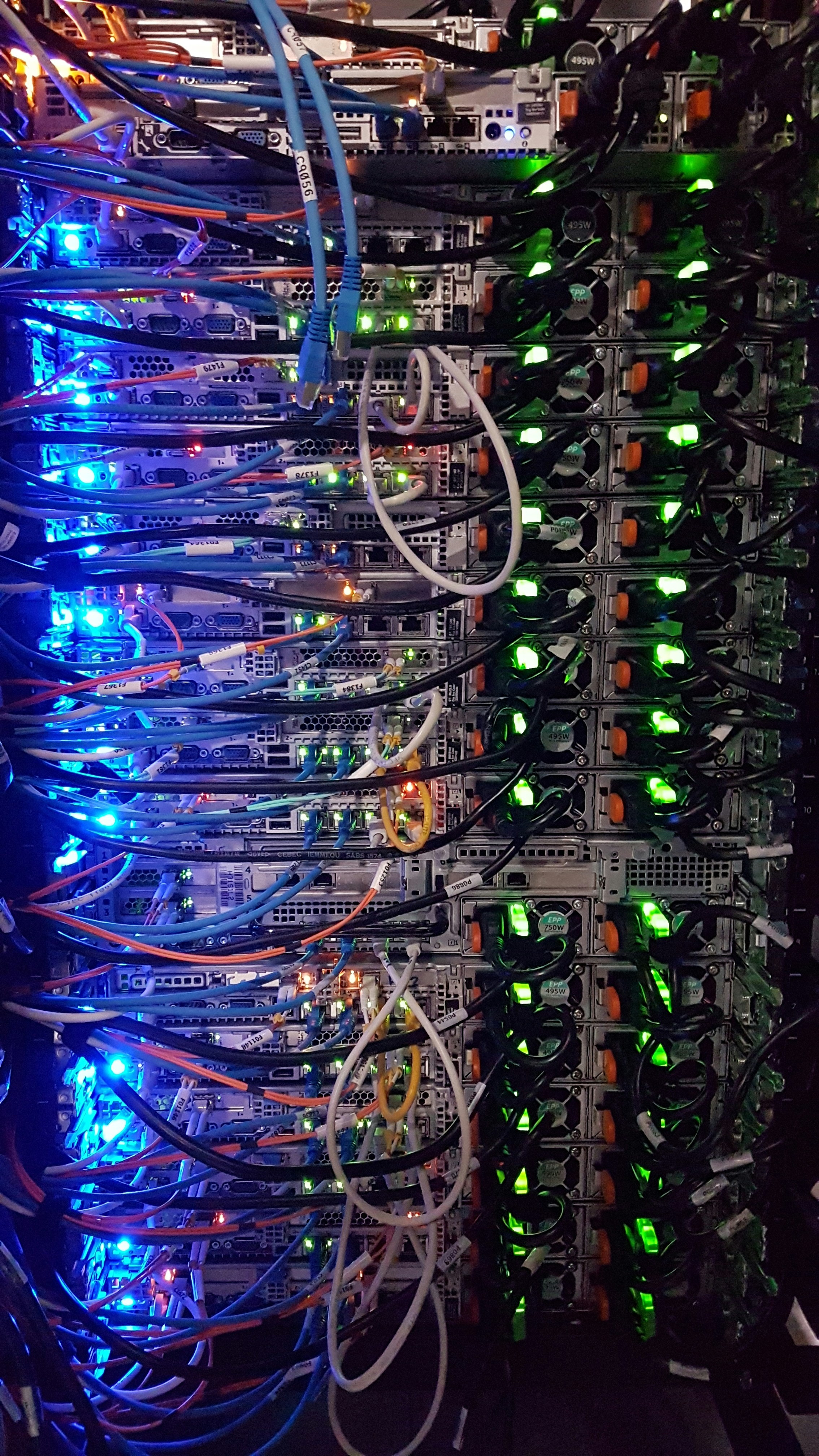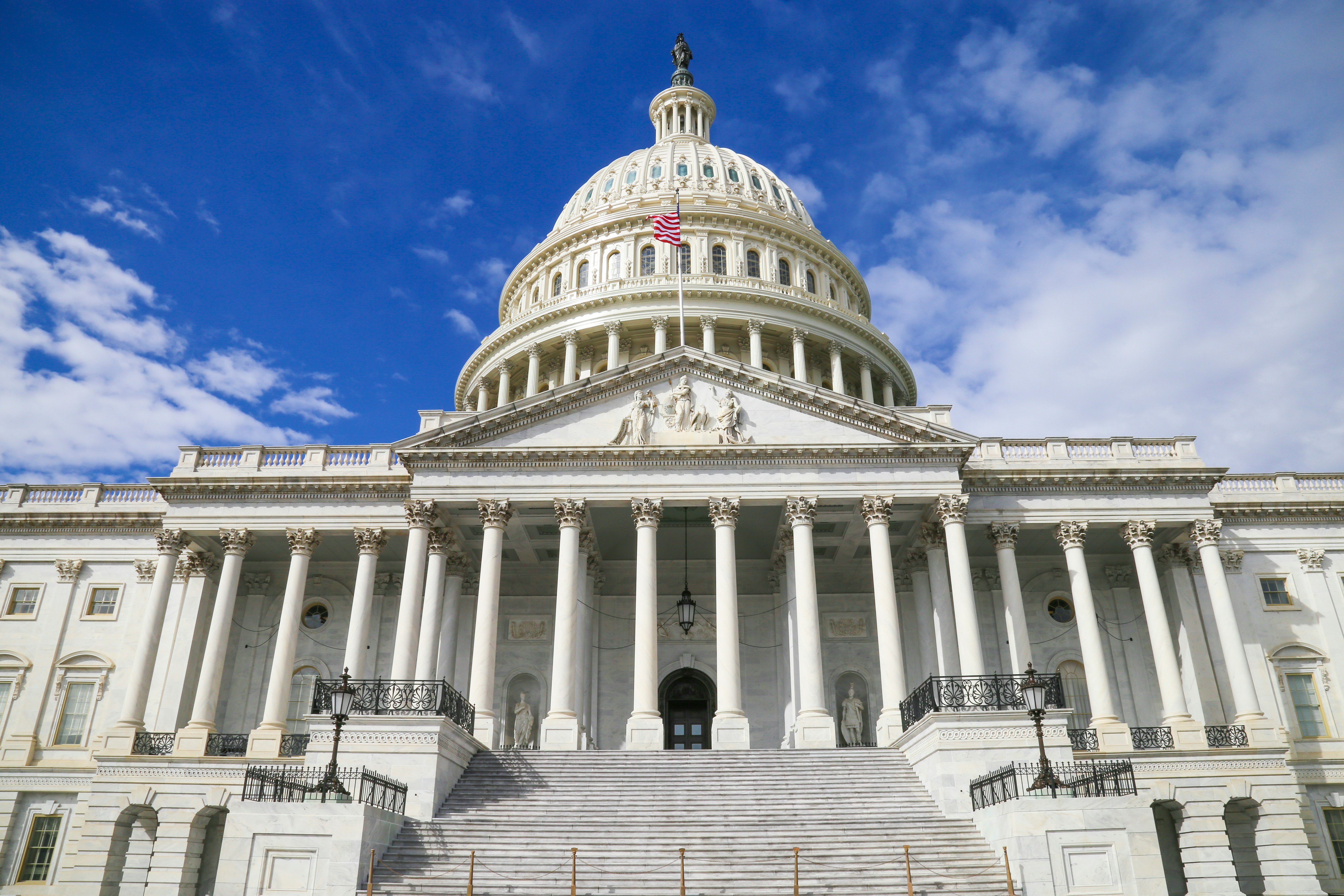

How is AI affecting the environment?
Before we dive in, it's helpful to understand that data centers are buildings filled with computer systems that store, process, and share digital information. They range in size from a few square feet to some extending about the size of a Walmart Supercenter or even larger. Data centers are not new, but the new ones designed for Artificial Intelligence (AI) are significantly larger and more energy-intensive, requiring substantially greater levels of energy and water, along with increased environmental impacts.
The development and use of Artificial Intelligence (AI) affect our environment in multiple ways. On this website we focus on two of the main pathways:
- Unprecedented energy use: Training and running AI models require substantial computing power, which drives massive amounts of electricity consumption by data centers1.
- Increasing water stress in certain regions: Data centers hosting AI systems use water directly for cooling equipment, and indirectly to produce electricity to power it2 and for microchips production.
Degradation of air quality is another concern; however, it is not covered by the information on this website. The lifecycle of AI, from chip manufacturing to data center construction, energy use, and operation, generates emissions of fine particulate matter and other toxic pollutants that affect public health3, depending on what energy sources they're using.
Learn More
Literature Review
If you are interested in a more in-depth, academic analysis of the literature on AI's environmental impact, our team has compiled a comprehensive literature review. We have reviewed existing literature on this topic and discussed where the gaps in current research exist.
View Full Literature ReviewAbout the Union of Concerned Scientists
The Union of Concerned Scientists (UCS) is a national nonprofit organization founded in 1969 by scientists and students at the Massachusetts Institute of Technology, using science to achieve a better world. Their mission consists of putting rigorous, independent science into action, developing solutions and advocating for a healthy, safe, and just future.
About the Harvey Mudd College Clinic Program
The mission at Harvey Mudd College (HMC) is to educate students well versed in many areas to assume leadership with a clear understanding of the impact of their work on society. A cornerstone of the HMC curriculum for more than 60 years, the Clinic Program pioneered collaboration between education and industry to help fulfill this mission.





